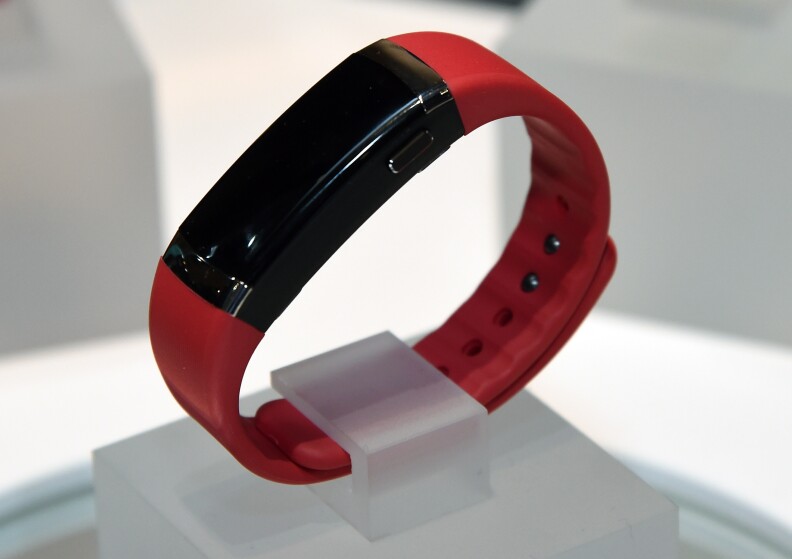Gadgets galore are being shown this year at the annual Consumer Electronics Show in Las Vegas. Among them, many wearable fitness trackers -- wristbands that track the steps you take in a day, your sleep patterns, your heart rate, even your blood oxygen levels.
It's a huge industry at this point. There's the FitBit, the UP band, the Garmin, the Razer Nabu, and dozens more, and the industry has topped $1 billion dollars.
Of course, being able to gauge aspects of your physical health without entering a doctor's office is appealing. Sure, having your personal statistics conveniently sent to your phone can help you better monitor your physical well-being. And you can easily share your stats with friends and compare how many steps you took that day or how much sleep you got -- now that's motivation for self-improvement!
But there are still some unanswered questions about these gadgets. What happens to all that personal data being collected? Who owns it? And how accurate is it anyway?
David Pogue is the founder of Yahoo Tech, a monthly columnist for Scientific American and the host of science shows on PBS’s “NOVA.” He posed some of these questions in Scientific American recently and he joined Take Two to discuss this with our resident FitBit fanatic, host Alex Cohen.



